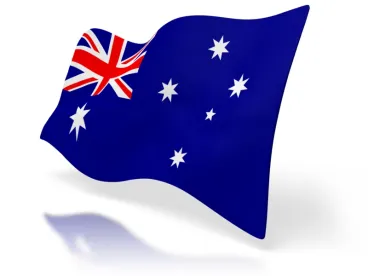We previously blogged about the plethora of Asian countries who are using telecommunications networks, smart phone applications and messaging services to inform, track and monitor individuals who may have contracted COVID-19. It appears that Australia’s eyes are on similar technology opportunities, as according to an article from the SMH, the Federal Government will ask Australians “within weeks” to opt in and sign up for a mobile application that uses tracking data to alert individuals as to their risks of contracting COVID-19.
According to the article, the relevant application will monitor the movements of participants to inform individuals whether they have been close to someone already infected with COVID-19. The application also has the functionality to enable someone who has contracted the virus to notify health authorities and ensure that an alert is sent to anyone he or she has been in contact with over the previous 24 hours. Both of these processes are part of what is known as “contact tracing”.
This update also comes in light of Google and Apple announcing a partnership to enable a broader Bluetooth-based “contact tracing” through building functionality into underlying platforms. As noted by Reuters, a global race is on to develop smartphone applications and other types of mobile phone surveillance systems to track and contain the spread of the novel virus, and it appears that Australia wants to catch up to the leaders in this regard.
According to the Prime Minister, before restrictions can be eased, mechanisms and tools need to be in place to enable Australia to keep on top and deal with any outbreaks that come. Contact tracing (and sufficient additional testing) will be important steps to manage our way “out” of this crisis with the least health risk possible.
However, whilst we cannot dispute this, it is important to balance the goals of public safety with the interests of individuals to preserve privacy. A key way perhaps to do so is to incorporate privacy by design (near impossible to do when you’re “borrowing” an app developed by someone else) and focus on elements that enable the technology to identify if an individual has had a close contact with an infected individual, rather than disclosing that individual’s name, address and other personal information. It is a positive sign to see the Attorney General declaring discussions have begun with the Privacy Commissioner to address privacy concerns, as well as the Minister of Government Services advising of the Privacy Commissioner’s involvement in the Privacy Impact Assessment of the App, which will help with the appropriate checks and balances being completed prior to roll out.
We will keep you updated on the progress of this development.




 />i
/>i
